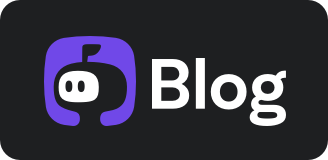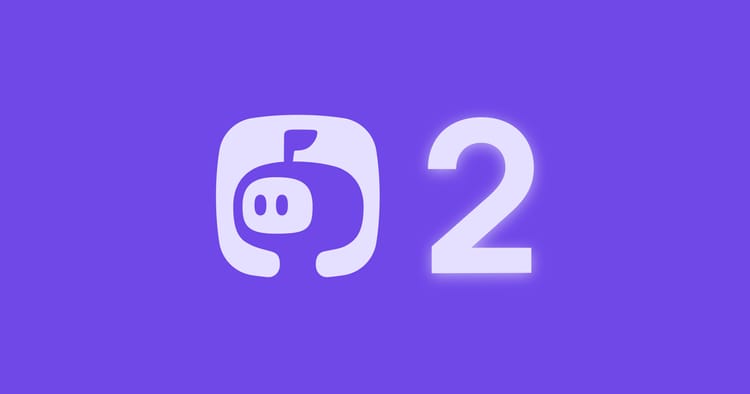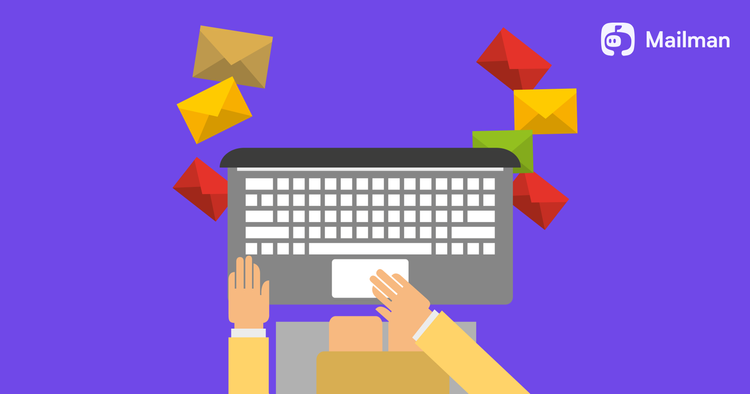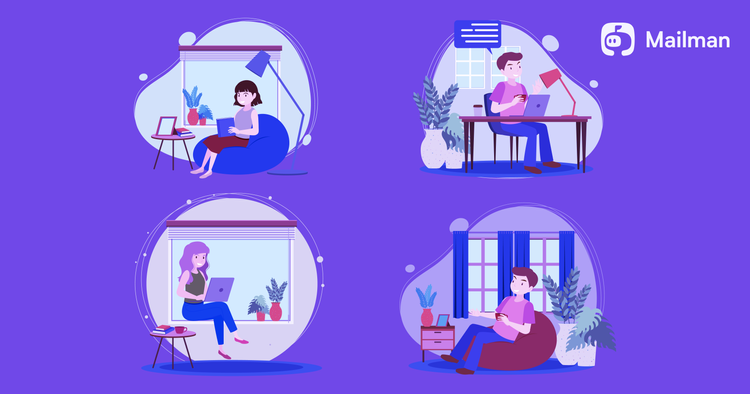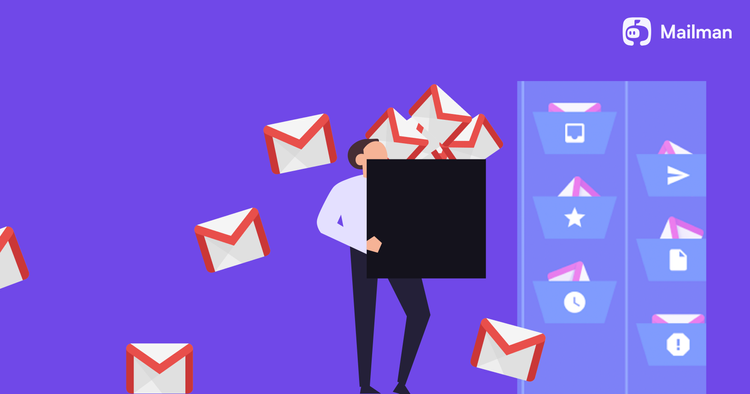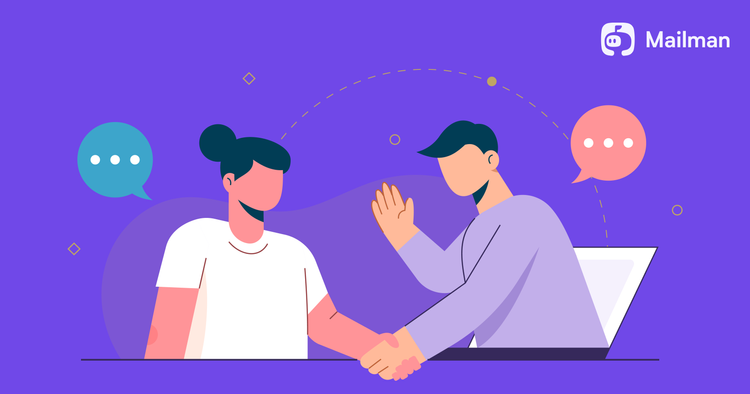The Psychology Behind Email Batching: How it Increases Productivity and Reduces Stress
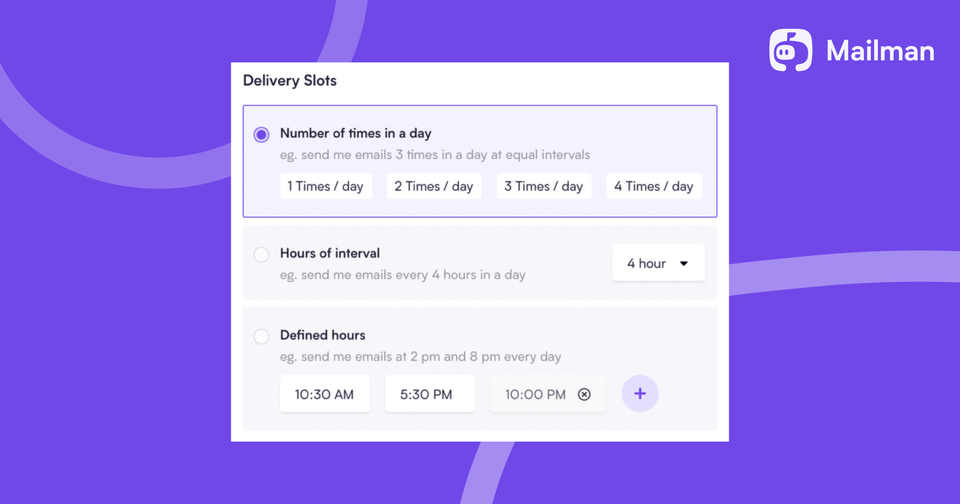
Email batching is the process through which you receive emails only twice (or thrice, depending on how you want to set it up), which allows you to get more work done in less time and increase your overall productivity.

Here are the 4 research-based facts that show how:
1. Fewer context switches
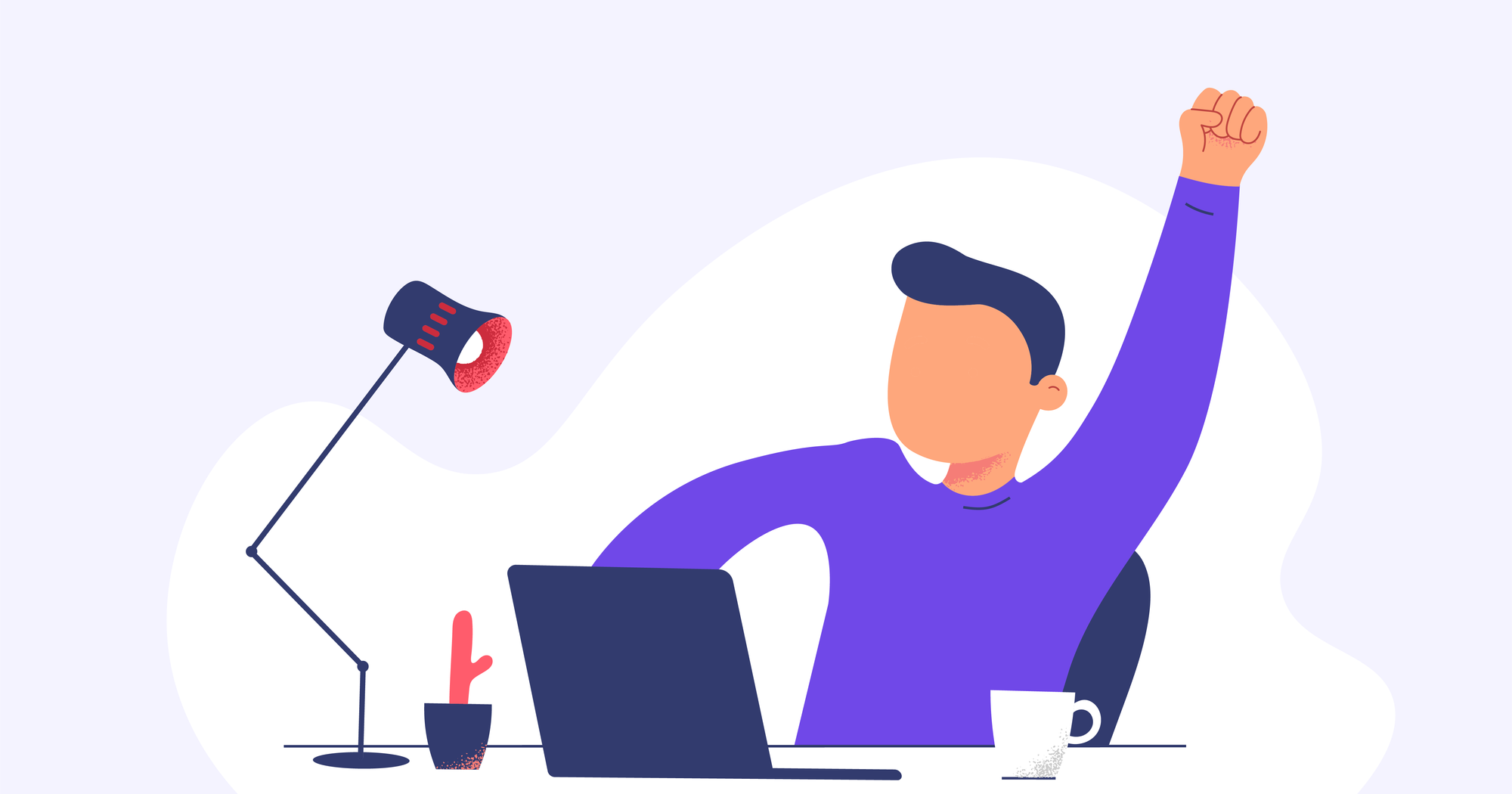
No matter how many high-priority tasks you’ve, you’ll always have a few menial tasks to do in a day. Replying to emails is one of them. The problem arises when you don’t have a set schedule to do it and instead do it as and when someone emails you.
For example, say you’re in the middle of completing an urgent task and get a notification that someone emailed you. 9/10 times you’ll attend the email. Why? Due to the Zeigarnik effect—which says you remember unfinished/interrupted tasks more than the completed ones.
Whenever someone emails you, you live in uncertainty about it and are stressed until you know what the sender mailed you—so you want to deal with it soon. But this context switching between work and email kills your productivity, and research shows it takes 30 minutes to refocus.
What if you didn’t get the notification? You would be 100% focused on the task and get it done with near-perfect efficiency. That’s where email batching comes in handy—you receive emails only during a preset time, not during your work time.
2. Lower emotional exhaustion
Behavioral experiments show that people who check emails only a few times (that’s the whole point of email batching) face less stress than those who do it constantly in a day. And the lesser stressed you are, the more productive and efficient you’ll be.
Here’s why:
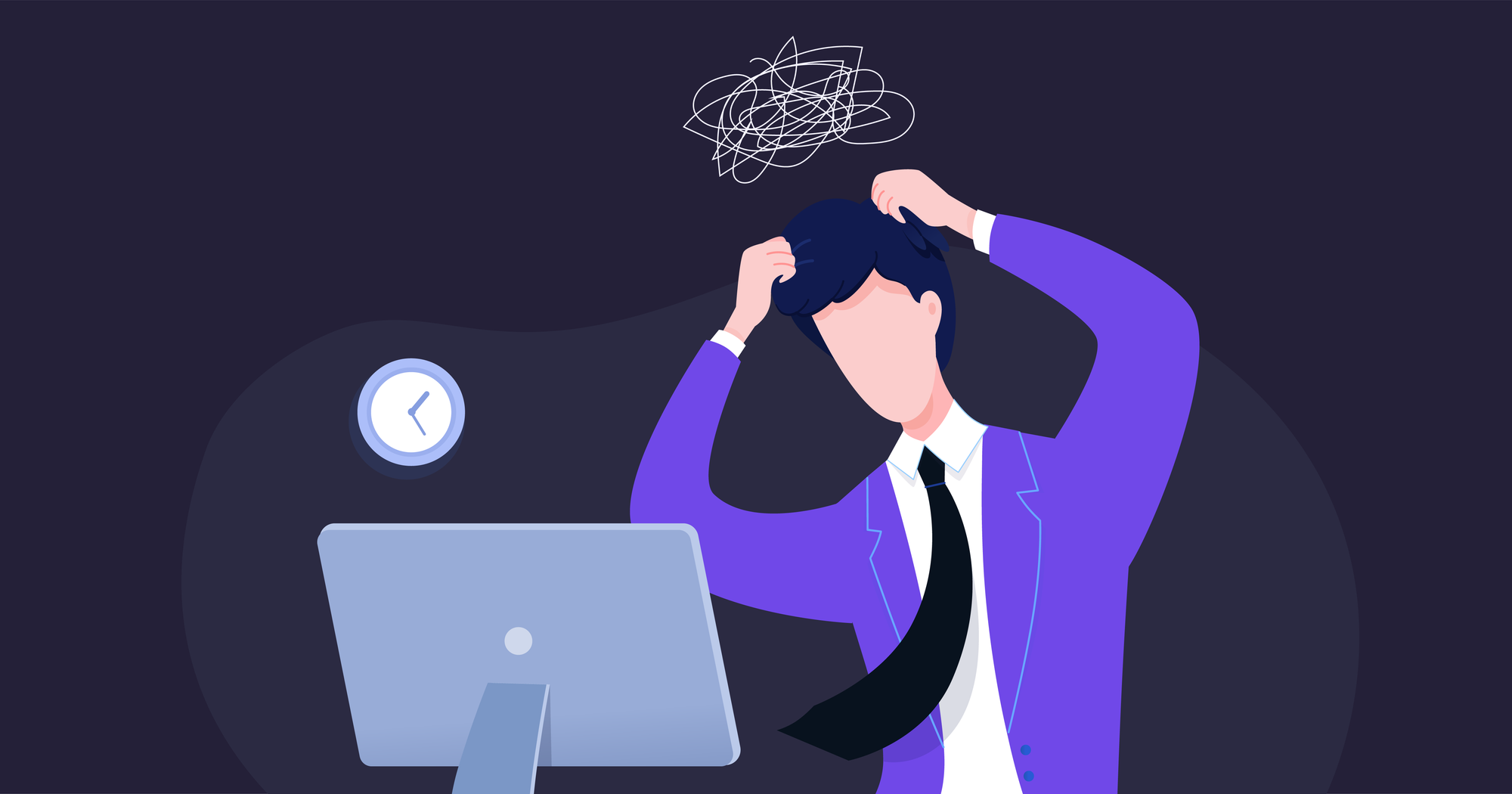
Stress diminishes your ability to focus and find creative solutions because your mind is exhausted and doesn’t want to put in the required time and energy. But when you aren’t stressed, your mind isn’t tired, which lets you do work faster and leverage your creative thinking skills—increasing your work output.
3. Fewer distractions, which means more deep work
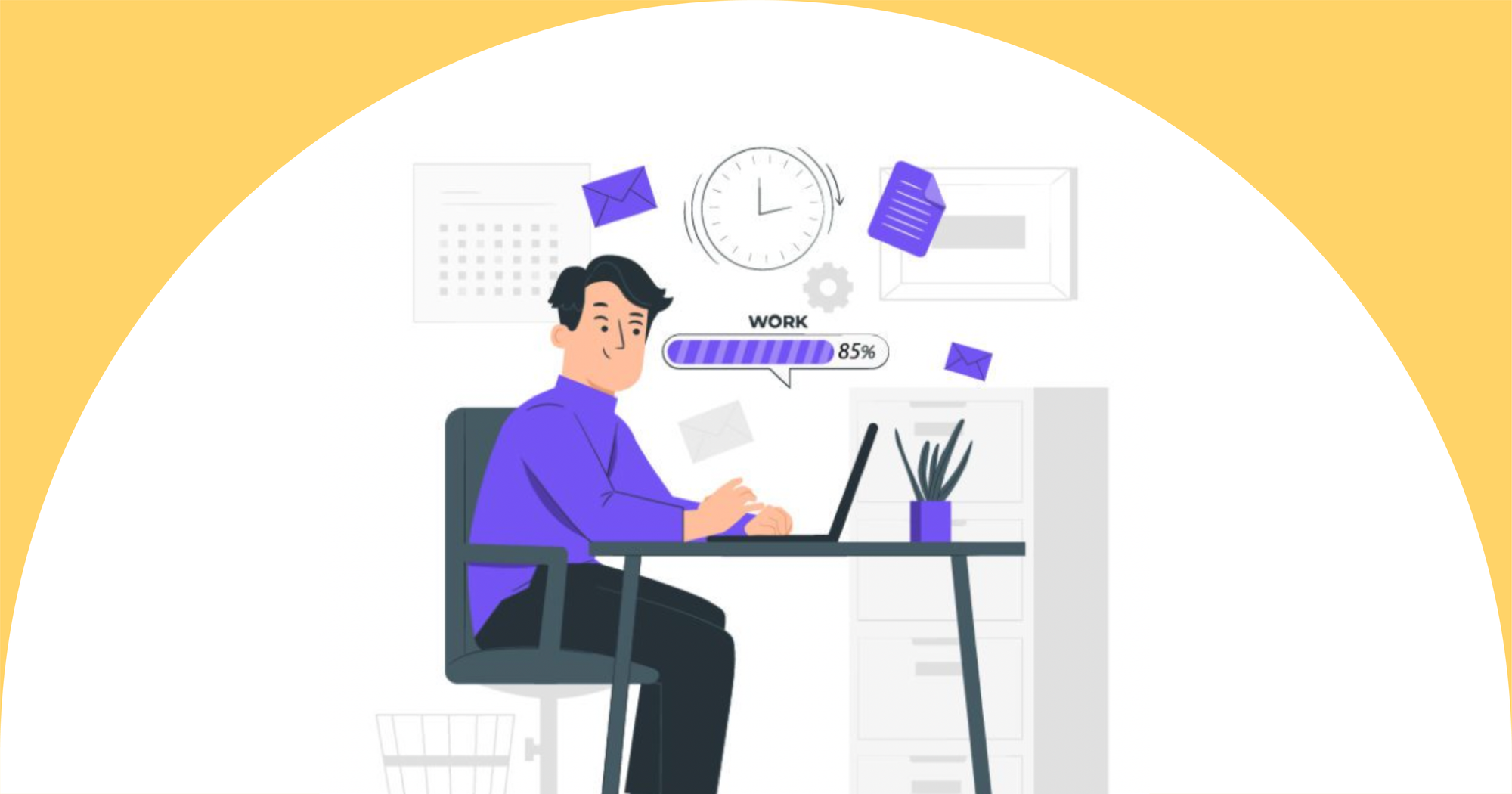
Cal Newport coined “deep work.”
He says, “Deep work is the ability to focus without distraction on a cognitively demanding task. It’s a skill that allows you to quickly master complicated information and produce better results in less time.” It improves work quality, helps you avoid distractions, and increases work satisfaction.
And what’s one of the major things holding you to do deep work? It’s spending more time than you should on email messaging and letting it control you.
But by batching your emails, you take over the control (as you block the #1 distraction), save your energy (that you can use it doing your work), and increase your chances of productive work.
4. Undistracted time for high-priority tasks
When you batch your emails, you ensure long periods of undistracted time for high-priority tasks. How?
By presetting 1 hour per day for emails, you no longer have to worry about emails (because you know you’ll attend to them at a given time) and can do other work peacefully. And as per what time you’ve set for checking the emails, you can reply to people without missing anyone.
Practice email batching now
With Mailman, you can practice email batching with one click: receive emails at hourly intervals, a set number of times per day, or at specific times. Choose the best time (that works best for you) to increase your productivity. Sign up here and get started.
